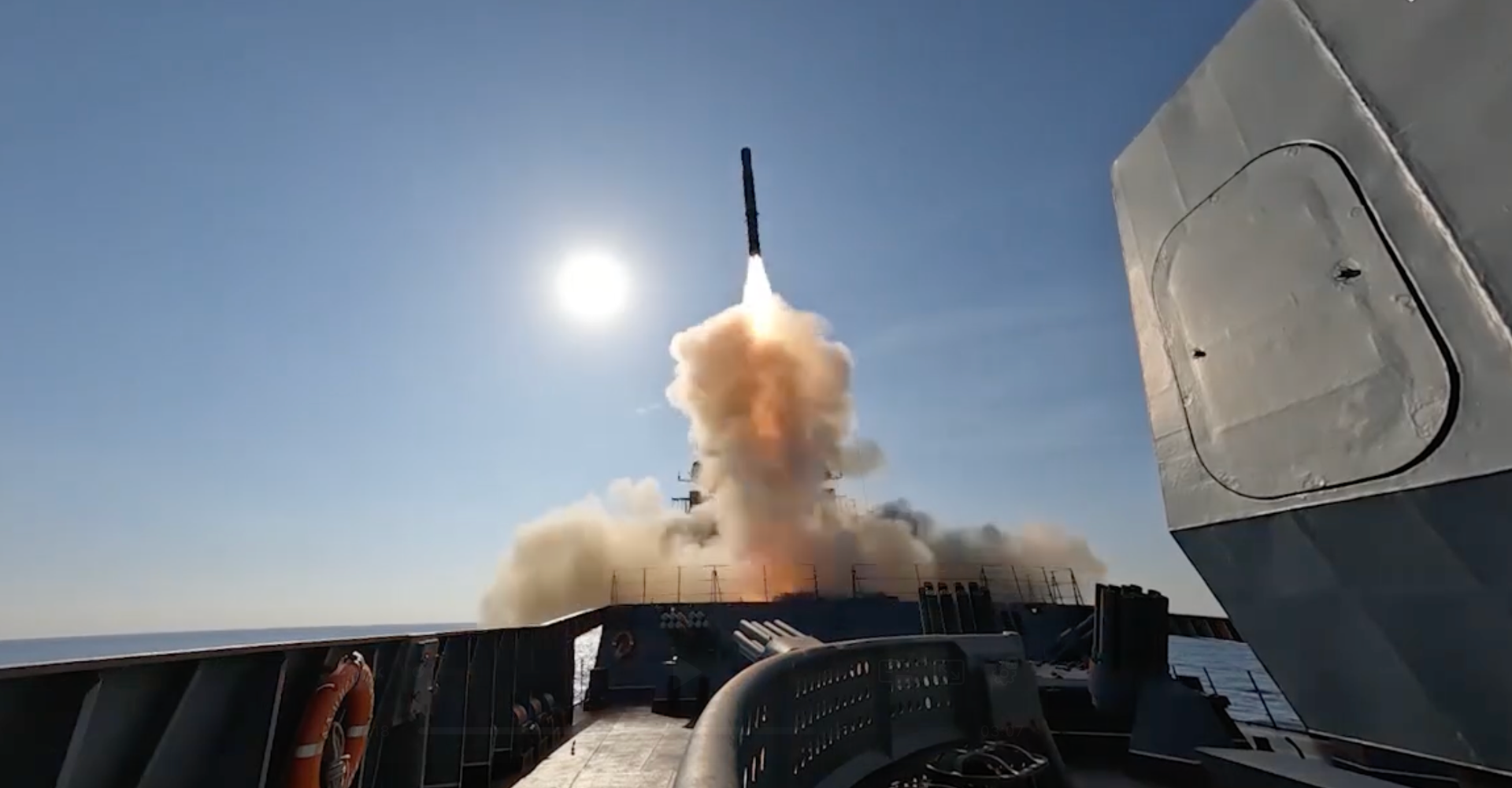Why I won’t encourage my Ukrainian child to speak Russian

Women and children visit a makeshift memorial at the site of a missile attack in Sumy, Ukraine, on April 14, 2025. (Roman Pilipey / AFP via Getty Images)

Kate Tsurkan
Culture Reporter
As a foreigner in Ukraine, I often hesitate to speak on certain social issues. Despite living here for nearly a decade, I know that my American upbringing still limits how deeply I can feel what my Ukrainian friends and colleagues experience, no matter how much I sympathize.
Still, now that I have given birth to a Ukrainian citizen, I feel I have the right to say at least this: I will never allow my child to believe there isn't a difference between speaking Ukrainian and Russian.
Recently, I was among those disturbed to read about a survey conducted by the State Service for Education Quality, which found that almost a quarter of teachers in Kyiv speak Russian during lessons, and another 40% do so during breaks. Sixty-six percent of schoolchildren said that they don't speak Ukrainian during lessons, and 82% during breaks.
Only 18% of Ukrainian students in Ukraine's capital city, the very heart of the country, said that they exclusively speak Ukrainian.
Language has become one of the most charged topics of this war. Some insist it should remain above politics, and that Russian, like English, Spanish, or French, belongs to the world, not to the Kremlin. They say it would be unjust to tie a language to the violence carried out in its name.
As someone shaped by an education in the humanities, I always tried to hold the world in balance. But that became nearly impossible the night I took my sleeping daughter in my arms and rushed into a basement in Chernivtsi, as air defenses roared above, shooting down Russian drones and missiles.

I remember praying she wouldn't wake during the attack — not because of the noise, but because I no longer knew what words could comfort a small child in a world where such nights can become the new normal. By morning, each word of Russian I heard spoken on the street cut me like small yet deadly acts of betrayal.
If we remain within the realm of the humanities, it is the teachers — the custodians of language, history, and memory — who are among the first to be hunted when Russian forces arrive in Ukrainian cities. In a Russian-occupied city, the very act of speaking Ukrainian no longer belongs to the realm of everyday life. Ukrainian children are taught how to "be Russian," many even trained to become the soldiers of Russia's future wars.
I can no longer see the Russian language as neutral during the full-scale war in this climate of constant threat. It is a weapon of soft power, an advance guard of influence that moves in long before their tanks.
Ukrainian parents who shrug and say, "What difference does it make?" when they speak Russian at home, believing that school will provide enough Ukrainian, do not realize the lessons they are imparting to their children. They teach, whether intentional or not, that Russian is the language of home.
I feel compelled to speak directly to every parent raising a Ukrainian child: please, speak with them in Ukrainian!
And so their children will inevitably be drawn to Russian books, films, and songs, each carrying that faint resonance of home. Over time, the question "What difference does it make?" loops in their minds like an incantation, until the true aim of Russia's war of erasure — the obliteration of Ukrainian language, memory, and identity — slips beyond their understanding.
I understand that languages are not easy for everyone to master — and that struggle only grows with age. Yet as a foreigner who began learning Ukrainian later in life, and who continues to deepen her grasp of it every day, I feel compelled to speak directly to every parent raising a Ukrainian child: please, speak with them in Ukrainian!
Even if the words feel awkward on your tongue, at least make speaking Ukrainian become natural to your kids. My own husband was born under Soviet rule in Ukraine, his family Russified over generations. And yet, despite it feeling more "natural" for them to speak Russian, he and his relatives only speak to our daughter in Ukrainian.

I know this will become more complicated once she starts school. She'll meet and inevitably make friends with children whose families didn't prioritize this language choice, and Russian words may slip into her speech. But as my friends with older kids say, you just have to gently remind them of the proper word to use.
In wartime Ukraine, a parent's duty is to avoid turning Russian into some forbidden fruit that can become the source of a child's rebellion once they get older. Instead, they must surround their children with the beauty of Ukrainian — the language their own and previous generations had to reclaim after Russia tried to deprive them of it.
Someday, Russian will lose for many the harsh, threatening edge it now carries, much as the German language once did after the world associated it with Nazi crimes. That reckoning will come later through the work of those from Russia searching for the remnants of a culture amid all the crimes that have been committed. It will come through those who support Ukraine in defeating the Russian military, so that one day, perhaps, a democratic Russia has a chance to exist.
And once that day comes, perhaps my daughter — or my future grandchildren — will choose to learn Russian for one reason or another. There are practical reasons in the realm of work, after all: the future members of civic society advocating for sanctions or intelligence officers protecting this country need to understand how Russia operates.
It would be their choice to learn Russian, and I wouldn't be able to stop them from doing so. But let it come only after a life steeped in the richness of Ukrainian language and culture, after a life in which they have seen, felt, and understood the clear, unshakable difference between what it means to be Ukrainian and what it means to be Russian.
Editor's Note: The opinions expressed in the op-ed section are those of the authors and do not purport to reflect the views of the Kyiv Independent.











